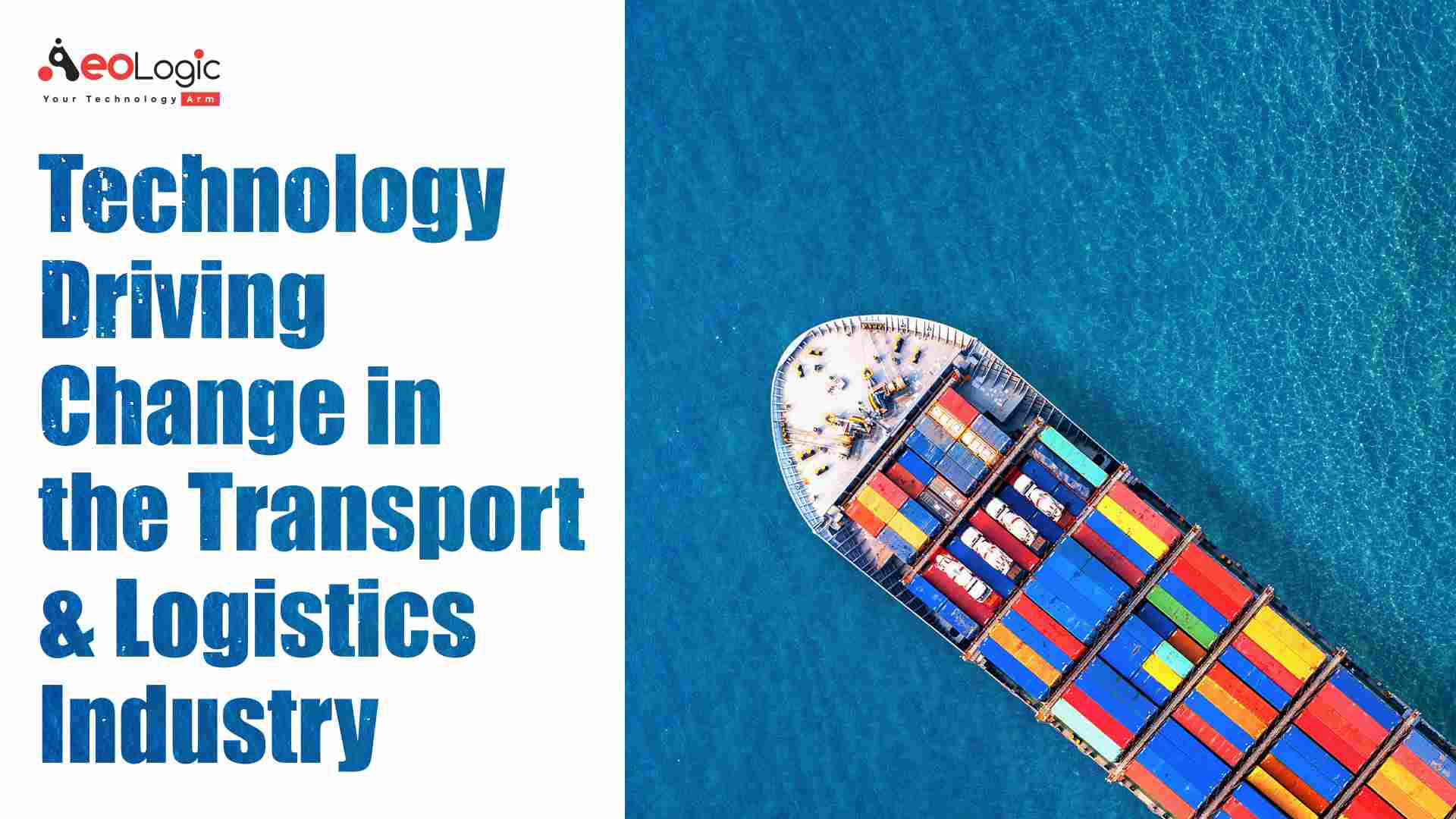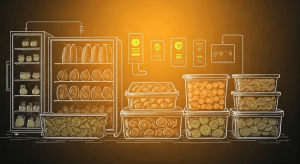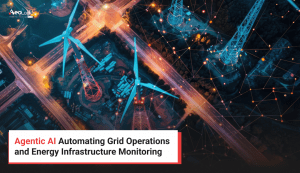The logistics industry has always faced a surfeit of challenges in its day-to-day operations. Sometimes these challenges come out to be very deleterious for the business. To overcome these challenges the logistics and transport industry started to implement technology in their workflow just like various other industries.
Technology had and will always be evolving and will continue to serve tons of benefits to humankind. Anything that needs to be done manually is continuously being replaced by the implementation of technology.
There are plenty of things to day operations that need to be done precisely but with human interventions the tendency for errors to occur increases as humans are meant to do errors. Even minor errors can cause ineffectiveness in business operations.
Changes in the Transport and Logistics Industry
Following are the ways technology is driving changes in the transport and logistics industry –
1. The Real-Time Tracking
With the advancement of technologies, a lot of logistics companies have started providing their customer with the feature of real-time tracking. If we look at a few years back before real-time monitoring was in the game, one of the biggest challenges for the business owners and for the customers was to get information about the shipment.
The tracking used to be done manually with the use of telephonic conversation between different parties involved in the transportation.
With the implementation of technologies like artificial intelligence (AI), radiofrequency identification (RFID), and the internet of things (IoT) the supply chain managers and the customers are getting about their shipments with detailed information.
This information includes real-time tracking, the temperature of certain items if required, quality of the products, and even the quantity of the products are also measured systematically.
2. Minimizing The Risks
The Internet of things (IoT) is one of the most impactful technologies in this modern era of technology. It enables every single machinery connected to the internet to get controlled with the click of a button.
By stating everything we mean ‘everything’ that can be a ceiling fan, lights, machines, air conditioners (AC), etc. Thus, This technology simplifies many of the complexity involved in the operation of running logistics and transportation businesses.
Complexity such as delays and lack of communication in the shipment, risks involved in the transportation and the quality of the shipment, etc. The internet of things (IoT) technology involved certain devices that get embedded in the cabs, cargo trucks, trains, ships, etc. This device enables the business owner to have better insights into the condition of the cargo.
It has been shown that shipments carried out with the implementation of the internet of things (IoT) technology increases customer satisfaction as it maintains the quality of each of the items. Also, this technology enables the supply chain management to make profound decisions making as it gives them deep insight into the cargo.
3. Automating The Warehousing
In every transportation and logistics business, warehousing plays a crucial role. It will also be correct to state that warehousing is the backbone of the most colossal industries of the world, that is supply chain and logistics industry.
The source of the optimum result for the transportation and logistics industry massively rely on the smooth and efficient functioning of warehousing. To do so warehouse automation is one of the most prominent ways that has come into the limelight in the last few years.
Warehouse automation enables the warehousing to be done systematically with the help of implementing various technologies. These technologies are machine learning (ML), artificial intelligence (AI), cloud computing, internet of things (IoT), blockchain technology, big data analytics, virtual reality, and augmented reality.
All of these technologies have their own distinctive quality and embedding them together gives astonishing effects to the business.
Conclusion
To sum up, above mentioned ways are not the only ways technology is driving changes in the transportation and logistics industry there is just the tip of the iceberg. All of the technologies mentioned above have resulted in putting a significant contribution in uplifting the efficiency, effectiveness, and productivity of the transportation and logistics industry. Many companies from these industries are already reaping the benefits from these technologies.
To know more about the impact of any of the particular technology in the transportation and logistics industry in detail. we’ll suggest you please visit our website and check out our blogs on these topics.
Are you looking to implement automation into your logistics business? If yes so please feel free to contact us at support@aeologic.com

Manoj Kumar is a seasoned Digital Marketing Manager and passionate Tech Blogger with deep expertise in SEO, AI trends, and emerging digital technologies. He writes about innovative solutions that drive growth and transformation across industry.
Featured on – YOURSTORY | TECHSLING | ELEARNINGINDUSTRY | DATASCIENCECENTRAL | TIMESOFINDIA | MEDIUM | DATAFLOQ









